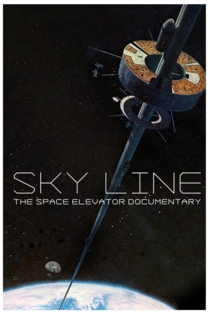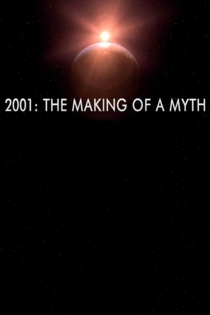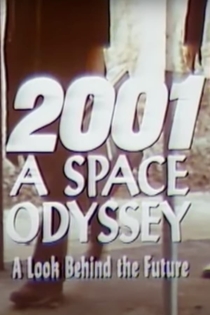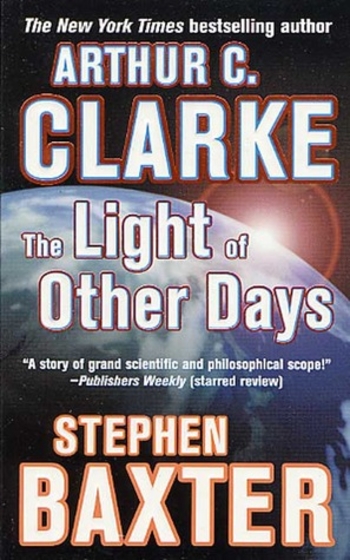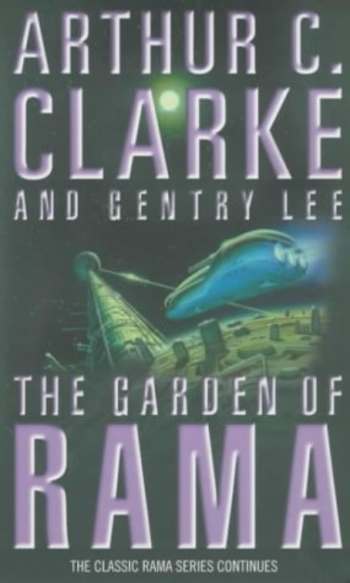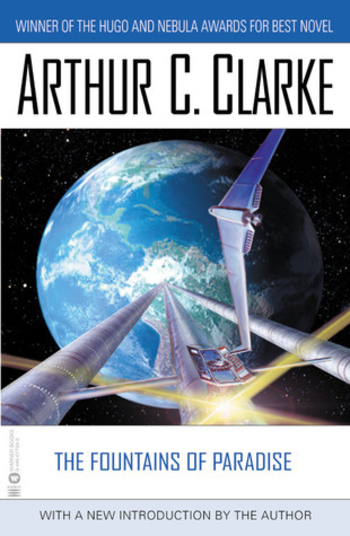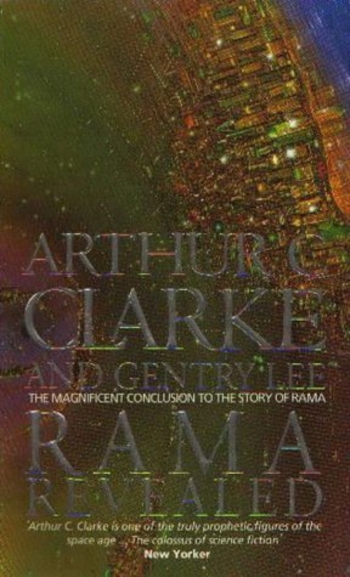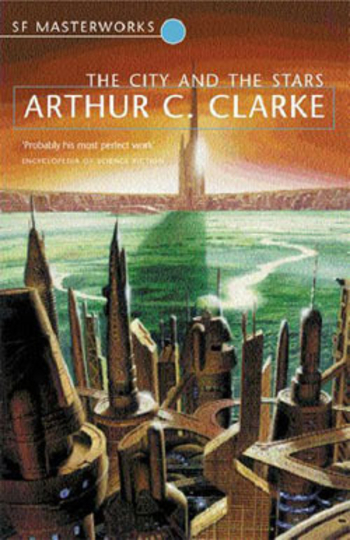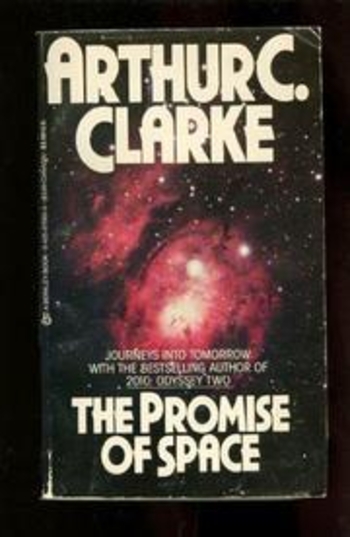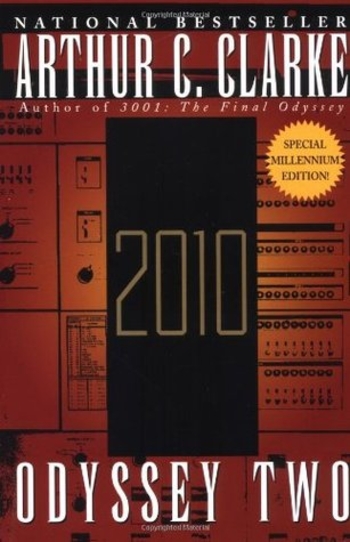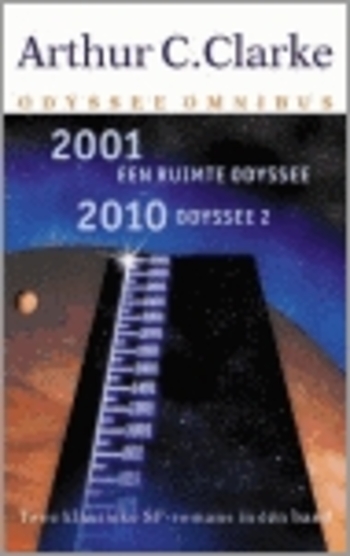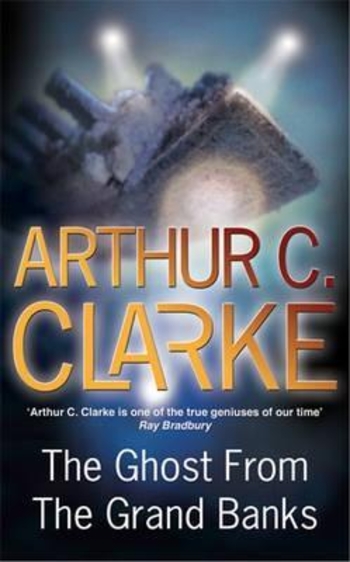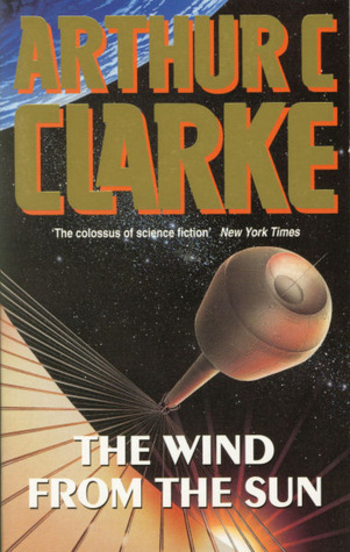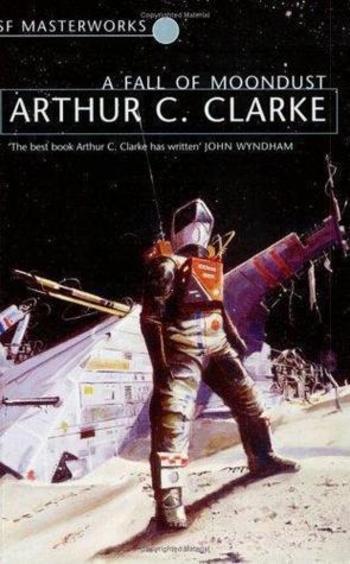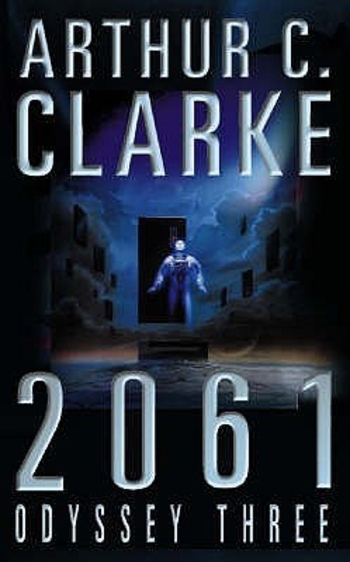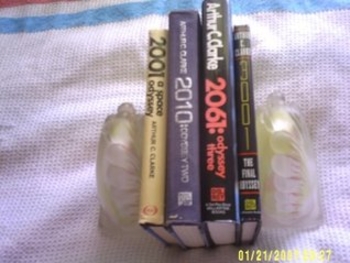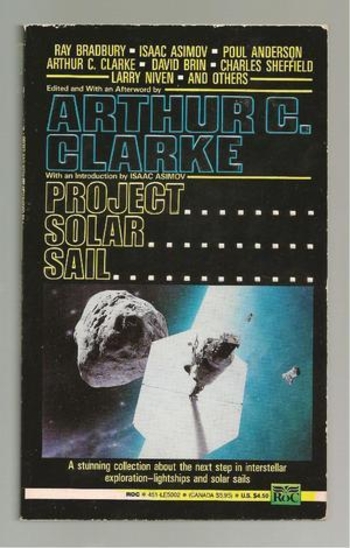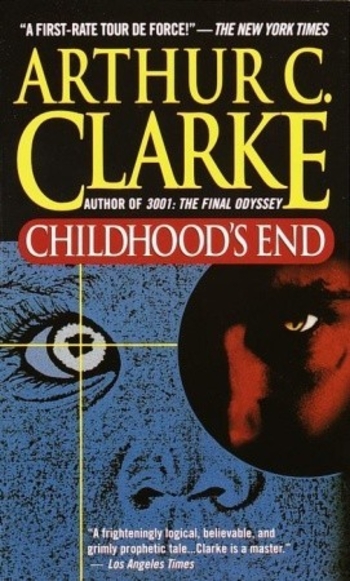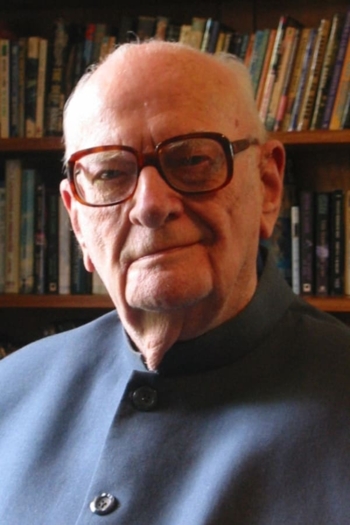
Arthur C. Clarke
1917 - 2008He co-wrote the screenplay for the 1968 film 2001: A Space Odyssey, one of the most influential films of all time. Clarke was a science fiction writer, an avid populariser of space travel, and a futurist of a distinguished ability. He wrote many books and many essays for popular magazines. In 1961, he received the Kalinga Prize, a UNESCO award for popularising science. Clarke's science and science-fiction writings earned him the moniker "Prophet of the Space Age". His science-fiction writings in particular earned him a number of Hugo and Nebula awards, which along with a large readership, made him one of the towering figures of the genre. For many years Clarke, Robert Heinlein, and Isaac Asimov were known as the "Big Three" of science fiction.
Clarke was a lifelong proponent of space travel. In 1934, while still a teenager, he joined the British Interplanetary Society. In 1945, he proposed a satellite communication system using geostationary orbits. He was the chairman of the British Interplanetary Society from 1946–1947 and again in 1951–1953.
Clarke emigrated to Ceylon (now Sri Lanka) in 1956, to pursue his interest in scuba diving. That year, he discovered the underwater ruins of the ancient Koneswaram Temple in Trincomalee. Clarke augmented his popularity in the 1980s, as the host of television shows such as Arthur C. Clarke's Mysterious World. He lived in Sri Lanka until his death.
Clarke was appointed Commander of the Order of the British Empire (CBE) in 1989 "for services to British cultural interests in Sri Lanka". He was knighted in 1998 and was awarded Sri Lanka's highest civil honour, Sri Lankabhimanya, in 2005.
God, the Universe and Everything Else
Hector Stewart
Stephen Hawking, Arthur C. Clarke
In a studio setting, Stephen Hawking, Arthur C. Clarke and Carl Sagan (who joins them via satellite) discuss the Big Bang theory, God, our existence as well as the possibility of extraterrestrial life.
God, the Universe and Everything Else
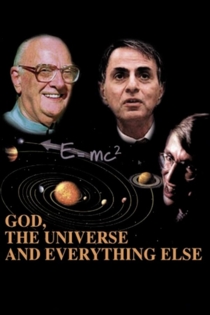
Fractals: The Colors Of Infinity
Nigel Lesmoir-Gordon
Arthur C. Clarke, Stephen Hawking
Explores the revolutionary world of Fractal Geometry - its far-reaching and often unexpected implications - its powerful and revolutionary applications.
Fractals: The Colors Of Infinity
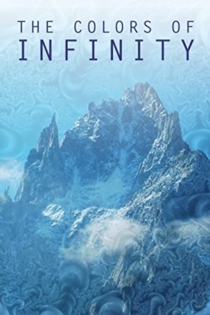
Without Warning
Robert Iscove
Sander Vanocur, Jane Kaczmarek
A television program is interupted by a news network announcing that three meteors have hit the United States, France and China. At first it seems natural but after interviews by scientists and eyewitness seems to suggest that it is not. Three more meteors are coming and the various Earth governments combine forces to stop them.
Without Warning
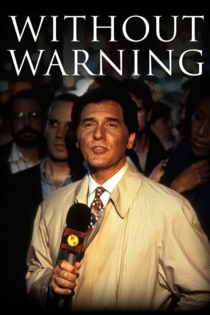
Vision of a Future Passed: The Prophecy of 2001
Gary Leva
Arthur C. Clarke, John Baxter
This documentary about "2001: A Space Odyssey" looks at some of the things that seemed fanciful in 1968, which don't seem quite as much anymore.
Vision of a Future Passed: The Prophecy of 2001
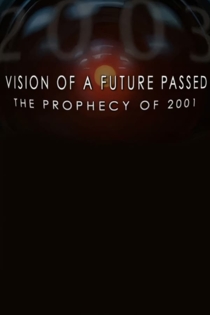
2001 and Beyond
Michael Lennick
Arthur C. Clarke, Keir Dullea
Author Arthur C. Clarke and the cast and crew of Stanley Kubrick's 1968 masterpiece "2001: A Space Odyssey" star in this documentary, released in the film's long-anticipated title year. The origins of the production are traced as we see how the early days of the space race influenced Kubrick and Clarke's vision of a far more optimistic 21st century than we've managed to achieve - at least so far.
2001 and Beyond
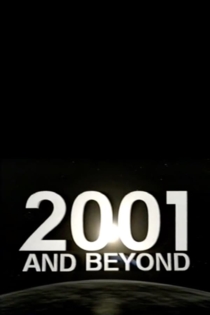
Sky Line
Jonny Leahan, Miguel Drake-McLaughlin
Bradley C. Edwards, Arthur C. Clarke
The concept of an elevator to space is not new. In the world of Arthur C. Clarke, it is a natural progression. What most people don't know is that men and women around the world are working hard to build it right this moment. Some want to solve the energy crisis, some want easier access to raw materials in the solar system, and some just want to travel to space and gaze upon their home planet. For all of them though, the elevator is more than just a science fiction plot, it is a way of life. Discover what happens when egos and passions collide in a quest to build the impossible.
Sky Line
